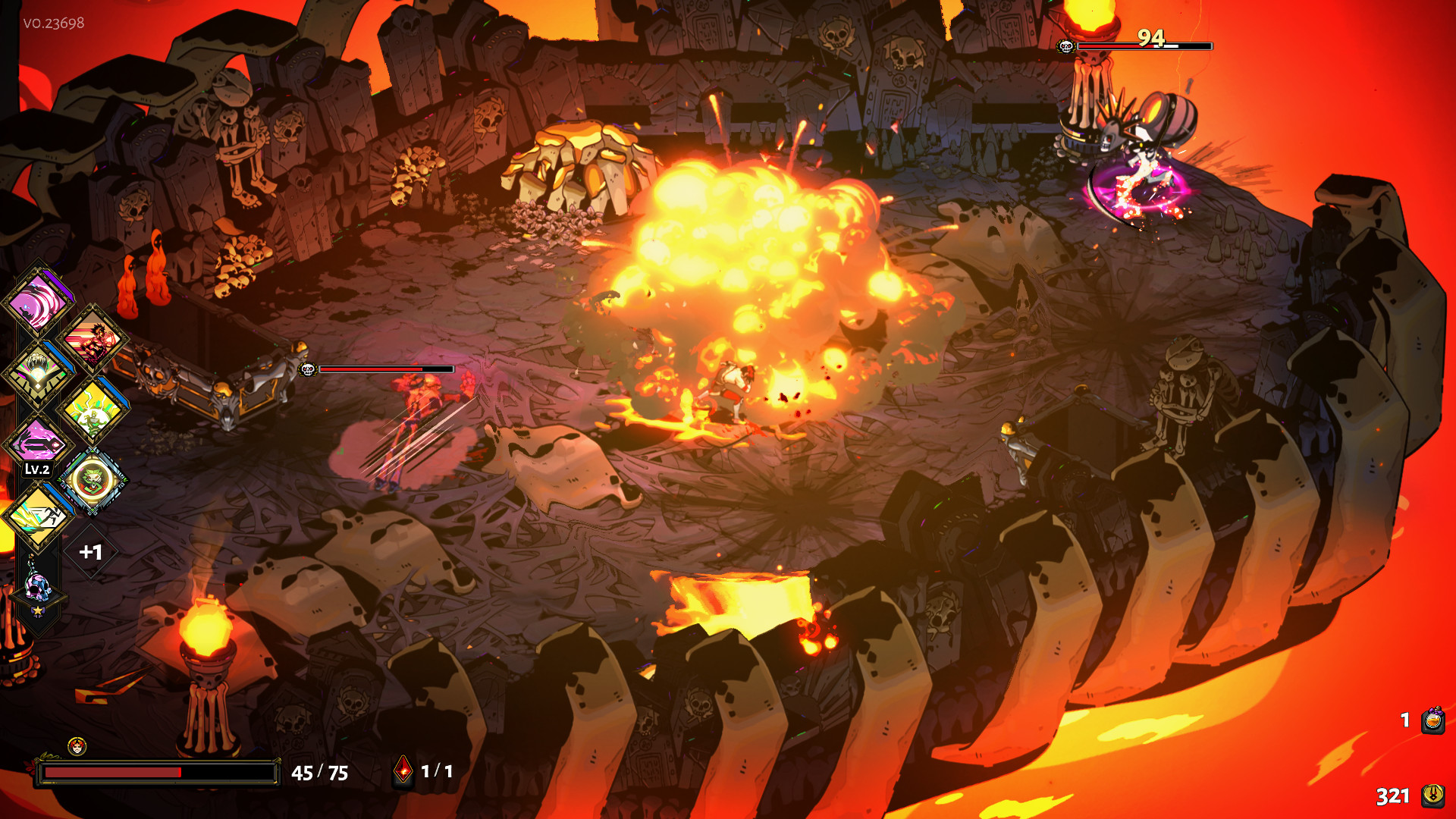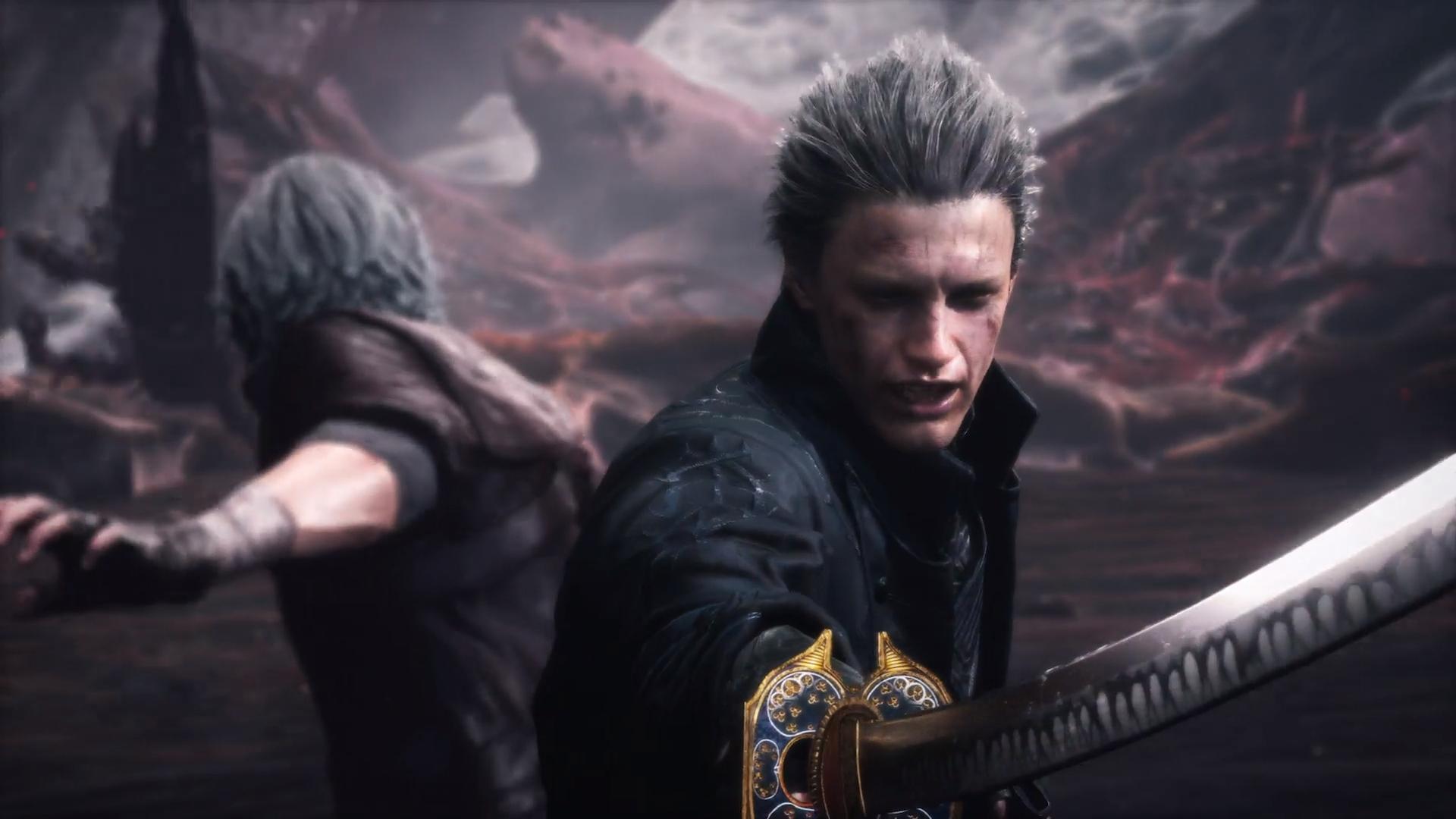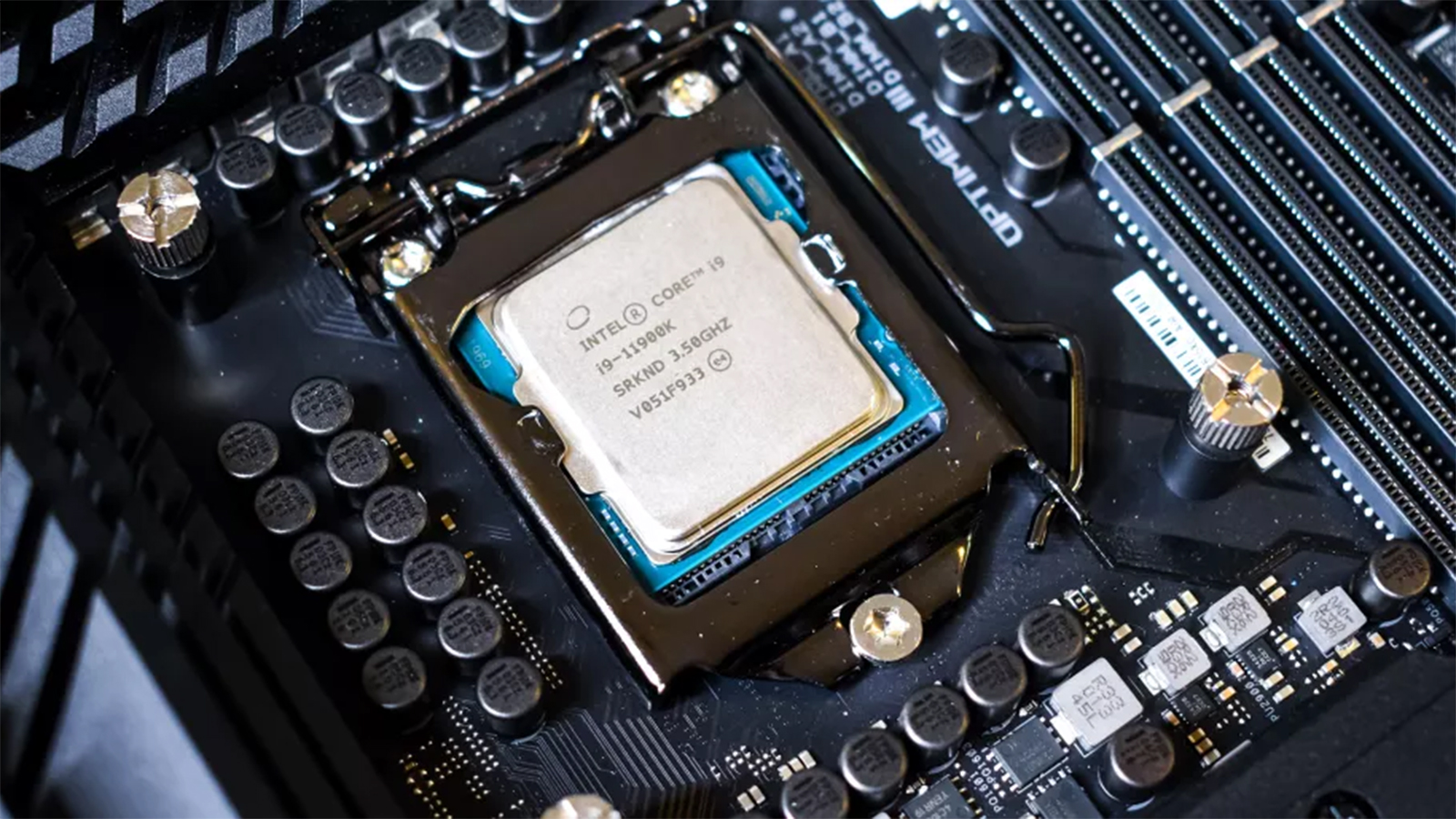
Most developers in the industry would kill to have the talent and track record of indie studio Supergiant Games. Beginning with Bastion in 2011 and then with their subsequent releases in Transistor and Pyre, the studio has moved from strength to strength with each successive release, delivering something unique and memorable with each of its new games. Supergiant’s latest, Hades, follows in that tradition- and in fact, it’s probably the best game they’ve delivered as a group yet.
In Hades, you play as Zagreus, the son of Hades, Lord of the Underworld. His goal is simple- tired of a life lived in the dreary place of death that is the Underworld in your father’s shadow, Zagreus wants to escape, make his way through the many landscapes of Hell, and find a place for himself among other figures of Greek mythology up in Mount Olympus. The Underworld, however, is no easy place to escape. It is constantly shifting and changing, and that, as you might have guessed, provides narrative context for Hades’ roguelite structure.
"Hades is probably the best game Supergiant have delivered as a group yet."
The Lord of the Underworld will stop at nothing to keep you where you are, and each of your runs through the Underworld is fraught with peril. The order of the rooms you find yourself in is randomized, and so to, at the enemies you find yourself battling against. Hades throws some smart twists into this roguelite formula to drive a constant sense of progression in each of its runs though, both in big ways and small.
At the beginning of every run, for instance, you’re granted a boon from one of the many Olympian figures trying to help you break out of the Underworld, providing you unique buffs that stay with you for the duration of that run. Following that, every time you clear a room, you get another reward from a variety of options, from short-term boosts that help with that run in particular like additional gold to spend on items in the shop or greater max health, to those that help with unlocking long-term bonuses, such as keys or darkness. Every time you clear a room, the paths forward clearly tell you what reward you will get should you succeed in clearing the next room, which means that in spite of the randomization and the roguelite structure, you get a certain level of control over how you want your character’s short- and long-term growth to progress.
Each time you die – which will invariably happen – Zagreus returns to the Underworld, losing all of his boons and any short-term boosts he’s acquired, like raised max health or items acquired from shops in between runs- but certain items that are collected during those runs, such as keys and darkness, allow you to unlock more permanent rewards, from unlocking new abilities to existing older ones to unlocking new sets of weapons.
"Every time you clear a room, the paths forward clearly tell you what reward you will get should you succeed in clearing the next room, which means that in spite of the randomization and the roguelite structure, you get a certain level of control over how you want your character’s short- and long-term growth to progress."
These short- and long-term rewards come together to ensure that you always feel like you’re making meaningful progress, and keep you motivated to progress deeper and deeper into the Underworld. No run feels like a waste of time, even if you don’t manage to get very far, because no matter what, you’re always doing something that helps you get stronger for future runs. It helps, of course, that combat in Hades is stellar. Every hit lands with impact, every blow responds with excellent feedback- and best of all, each of the several weapons available in the game feels entirely unique from the others, encouraging different playstyles and strategies and offering unique advantages and disadvantages.
Enemy variety also contributes significantly toward making combat an absolute blast. You’re often fighting tons of enemies at the same time in Hades, but the game almost never feels like a button masher, owing to the fact that you have to keep the unique attributes of these enemies in mind constantly. Some might throw bombs at you, some might attack you with projectiles from a distance, some might be capable of taking a lot of punishment due to large health and armour pools, still might come at you with crunching melee attacks, some can teleport, some move in erratic ways, and on and on it goes.
In Hades, you always have to stay on the move, always have to be aware of the enemies in your vicinity, and if there are any traps in the room you find yourself in (as there often are), maybe try and use them to your advantage to help thin the numbers of the opposing forces. Boss fights are excellent as well, and regularly pop up as exciting, well-designed set-piece encounters that strike just the perfect balance between flash and challenge, contributing even more to ensuring that that feeling of repetition that roguelites so offer suffer from is kept at bay. Honestly, the only thing that coloured my opinion of the combat somewhat negatively in my time with the game was occasional frame rate drops, which sometimes happened when too many enemies were on the screen at once- though thankfully, this wasn’t a very frequent occurrence.
"Combat in Hades is stellar."
Outside of its progression and combat, there are other ways Hades finds to play to its roguelite formula’s strengths. The best and perhaps most surprising is the way it tells its story. Strong storytelling and a roguelite structure don’t usually go hand-in-hand, but Hades brilliantly finds ways to use that structure to tell its excellent story. Hades wraps a charming coming-of-age story revolving around protagonist Zagreus in its vivid and witty rendition of Greek mythology, constantly throwing funny and clever twists on stories from the myth, both well-known and obscure, at the player to keep adding depth to its rich world.
The greatest strength of Hades’ story lies in its characters though. Every time you die, you return to the House of Hades, where you spend time talking to various side characters. Each conversation reveals more about the larger story, about the personalities of these characters, and about their relationship with Zagrues, which means every time you return to the House of Hades, the story becomes progressively more engaging. It’s a brilliant marriage of roguelite progression and character-driven storytelling, and what helps is that each character is wonderfully written. They all have their defined personalities and quirks, and learning more about all of them feels like a reward in and of itself. I do feel like the story’s pacing suffers a little bit because of how much it relies on you constantly having to return to the House of Hades, but ultimately, I was just happy to spend more time with this charming characters.
Spending more time with these characters brings gameplay advantages as well. The more time you spend with a character, the more you learn about them and their backstory, but every so often, they’ll also reward you with a gift, such as an item that you can equip that’ll give you a permanent boost (so long as that item is equipped), or having a better chance at unlocking rare or epic boons from the Olympian deities helping you on your quest. Every time you return to the House of Hades, you can also spend some currency to upgrade the hub location or even add rooms to other sections of the Underworld to help you progress.
"The greatest strength of Hades’ story lies in its characters though."
I’m not usually a big fan of roguelite games- I like having a constant, tangible sense of progression in games, and the idea of losing most or all of your progress each time you die and starting almost from scratch is one that doesn’t sit well with me. But Hades, it seems, was made precisely to figure out how to make a roguelite that doesn’t feel that way. There’s a constant sense of progression in this game, the combat is excellent, and with its sharp writing and strong characters, it somehow manages to tell a strong story within its roguelite structure. This will probably be the standard that roguelite games will be following for years to come- or it should be, at any rate. If nothing else, this is easily the best game Supergiant have made to date.
This game was reviewed on PC.







